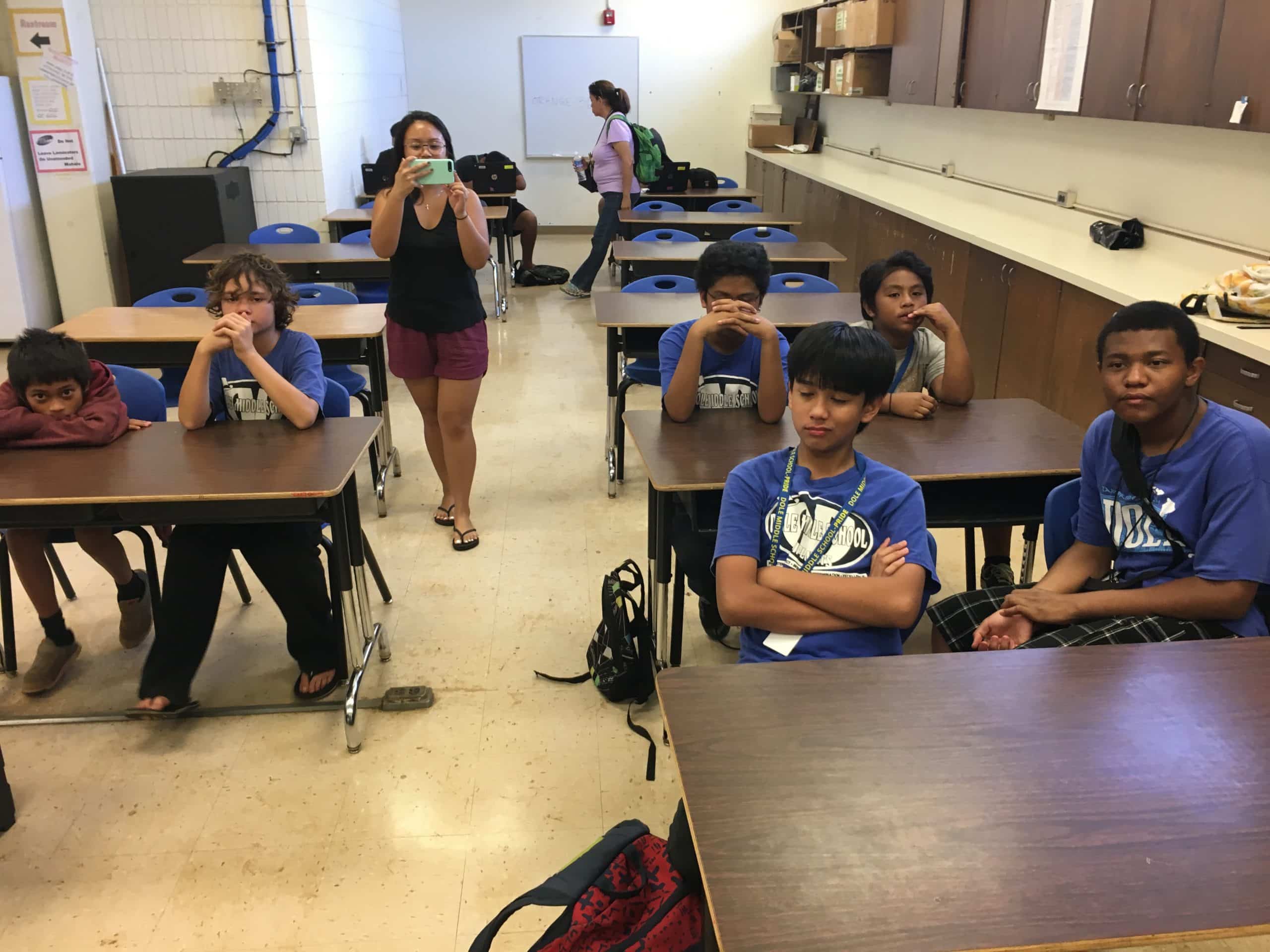
HIPAA requires group health plans to provide special enrollment opportunities outside the plan's regular enrollment periods in certain situations. This comes in the form of the Special Enrollment Plan, which helps individuals maintain continuous health coverage necessary to access medical care and health services without facing potential gaps in insurance.
What are HIPAA's Special enrollment rights?
Special Enrollment Rights under HIPAA allow individuals to enroll in a group health plan outside of the regular enrollment period due to certain life events or the loss of other health coverage. These rights allow individuals and their eligible dependents to join a health plan when they experience certain events. Special enrollment must be requested within a specific timeframe, typically within 30 days after the qualifying event occurs. The goal is to ensure that individuals have access to health insurance when significant life changes impact their coverage needs.
See also: HIPAA compliance and data analytics
Who does it apply to?
Special enrollment rights arise in two main situations:
- Loss of eligibility for other coverage: If an employee or their dependents decline health coverage because they already have other health insurance (e.g., through a spouse's plan) and then they lose that other coverage or the employer contributions toward it, they have a special enrollment right. In this case, they can request enrollment in their own company's health plan for themselves and their dependents.
- Certain life events: Special enrollment is allowed when specific life events occur, such as marriage, birth, adoption, or placement for adoption. Employees, spouses, and new dependents are permitted to special enroll because of these qualifying events. For example, if an employee gets married or has a child, they can enroll themselves and their newly eligible dependents in the group health plan outside the regular enrollment period.
There is also a special enrollment right for employees and their dependents who lose coverage under a state Children's Health Insurance Program (CHIP) or Medicaid or become eligible for premium assistance under these programs. For this situation, the employee or dependent must request enrollment within 60 days of the loss of coverage or the determination of eligibility for premium assistance.
See also: Secure identity verification methods in healthcare text messaging
Exemptions to the Special Enrollment rights
If an individual voluntarily terminates their existing health coverage or declines to participate in a health plan during the initial enrollment period, they may not be eligible for special enrollment rights. These rights are typically reserved for individuals who lose coverage involuntarily or experience qualifying life events. Similarly, if an individual misses the 30-day window to apply, they may lose their right to special enrollment and have to wait for the next regular open enrollment period to enroll in a health plan.
At times, an employer may not offer a group health plan to its employees; there would be no opportunity for special enrollment based on losing eligibility for other coverage. Individuals losing coverage under the state Children's Health Insurance Program (CHIP) or Medicaid, or other government-sponsored health programs may not necessarily trigger the same rights.
Subscribe to Paubox Weekly
Every Friday we bring you the most important news from Paubox. Our aim is to make you smarter, faster.




